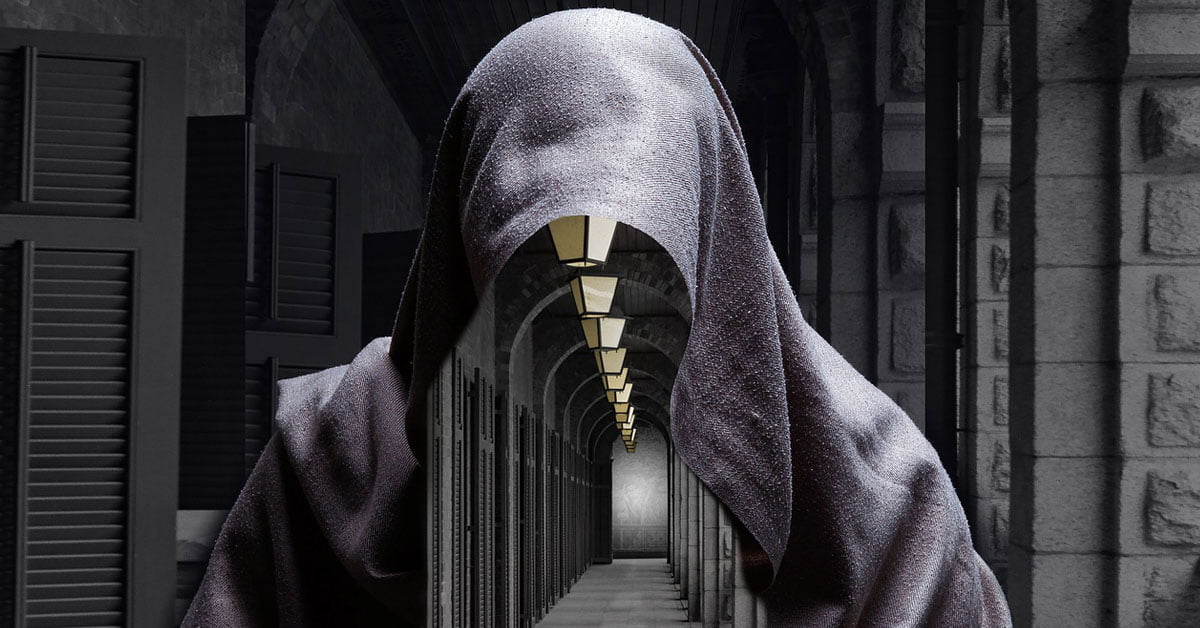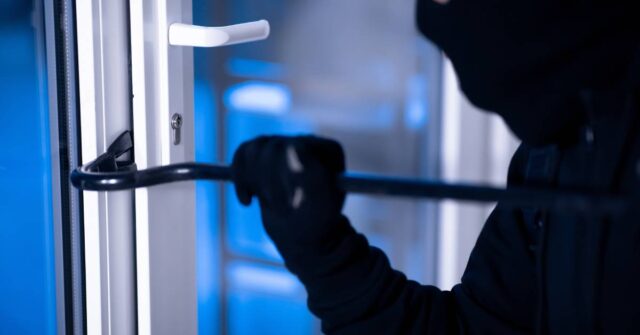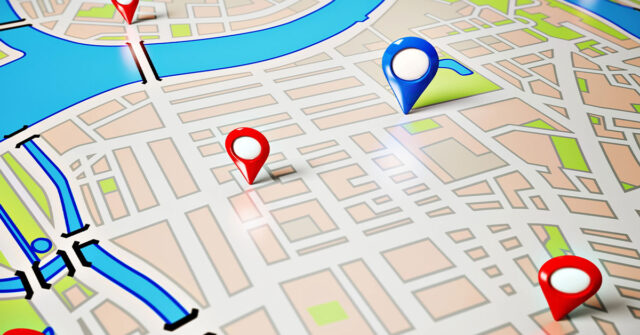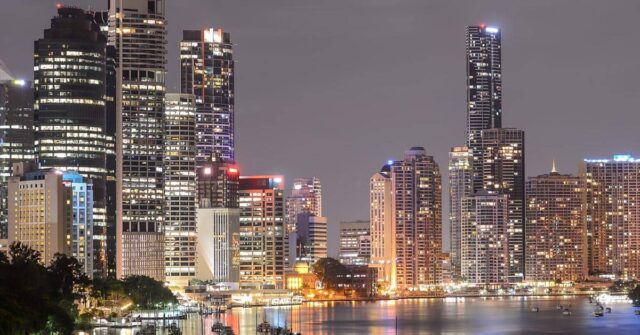Living in Brisbane makes everyone feel safe and secure as it’s known to be one of the safest cities in Australia. Compared to Sydney or Melbourne, Brisbane has a much lower crime rate.
But just as any growing city as its population grows there is a potential for the crime rate to increase.
Between 2015 and 2019, reports showed there are suburbs in Brisbane that have a relatively higher crime rate (particularly break-ins) than the others.
The Brisbane Times has written in Q2 of 2019 that there’s 1 reported break-in every hour in the greater Brisbane area, with Stradbroke Island on Moreton Bay having the most incidents.
We have listed in a previous post, several Brisbane suburbs that are more susceptible to unauthorised entry leading to burglary and property destruction.
But this doesn’t mean you should totally remove these suburbs as options if you’re looking to buy a new home.
At the end of the day, you can have the safest house in a dangerous neighbourhood or the most at-risk home in the safest neighbourhood. Statistics don’t always mean certainty for everyone.
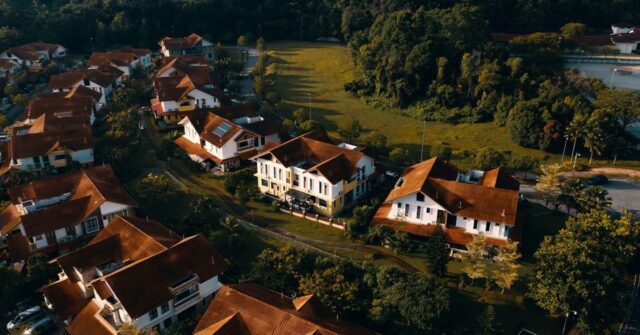
Brisbane’s Theft & Robbery Crime Rates Don’t Always Deter Buyers
If you’re living in a Brisbane suburb where burglary incidents happen more often than in other areas, your property may be at risk from such events.
This means there is a chance your home may be broken into, robbed, and maybe even destroyed in a burglary incident. Due to this increased risk, your home insurance premium may also be relatively higher compared to other locations.
However, research shows that properties in suburbs that are more dangerous due to a higher crime rate can still be in demand from potential homeowners and investors.
For example, the suburbs of Sunnybank, Robertson, and Upper Mount Gravatt have higher crime rates than other areas in Brisbane, yet people still look to move into these areas due to the more affordable rent and/or sale prices.
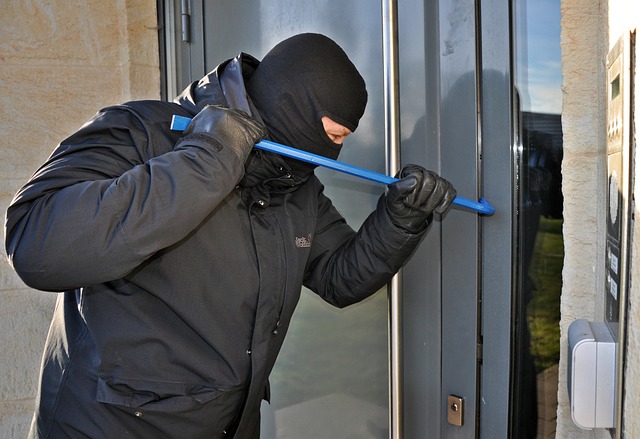
How To Protect Your Family & Property In A Risky Area
If you are already living in what is deemed a dangerous suburb, you may feel quite disheartened. But even if you can’t afford to move, that doesn’t mean you can’t do anything about it.
As the local authorities become more aware of the theft and robbery rates in the area they may increase protection for these neighbourhoods. On top of this, you can also take precautionary measures yourself.
Burglars and thieves will take every opportunity they see, especially if it’s obvious that the property is not secured or no one is home.
So, whether you live in a safe and crime-free Brisbane suburb or a dangerous one, never pass up the chance to follow these tips to protect your home:
- Stay Under Lock and Key – make sure your doors are securely locked, whether you’re away or at home. It’s also worth noting to have your locks changed immediately if any of them break or fail to work.
- Doors, Gates and Garages – have them fitted for quality deadlocks, deadlatches, deadbolts or other suitable locking devices.
- Peep Holes – these simple devices allow you to see who’s at the door before opening them.
- Windows – secure them with locks compliant with Australian standards.
- Emergency Plans – save local police and emergency phone numbers on your speed dial in the event of an untoward incident.
- Keep Valuables Out of Sight – don’t give a stranger passing by an opportunity to see what valuables you have inside your home.
- Security Cameras & Alarms – check with a trusted home security provider to have them installed.
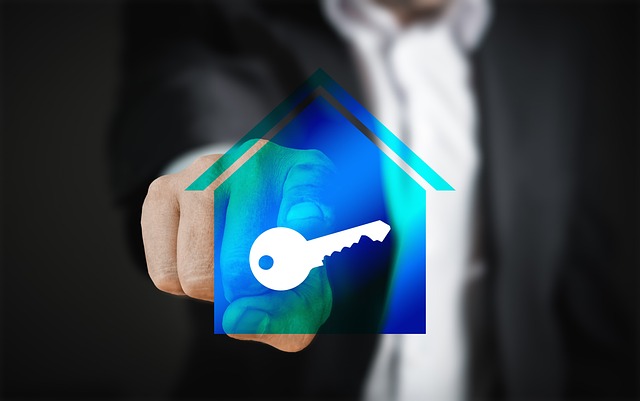
Seek Professional Advice
It might also be a good idea to contact your local residential locksmith to conduct an audit of how secure your home is. They will work with you to ensure:
- All your entryways (doors and perhaps large windows) are in excellent working order and proper locks are installed.
- The main doors are solid and deadbolts are in place.
- Your property has adequate security lighting installed.
- Have an updated record of serial numbers, models and descriptions of your valuables.
- Wheelie bins are placed in areas on the property where no intruder may be able to use them to climb into your property.
- They can also evict an overstaying tenant and repossess your property.

